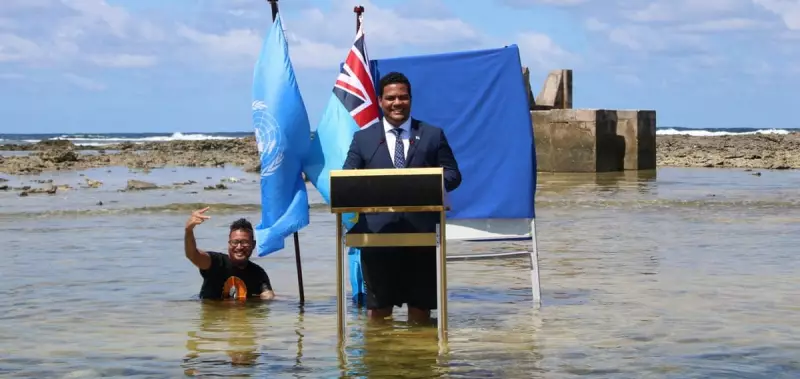
Tuvalu, a tiny Pacific island nation, is on the front lines of climate change. With its highest point just 4.6 meters above sea level, the country could become uninhabitable within decades. Now, its people are fighting for survival - both against the encroaching ocean and in the halls of international power.
The Rising Tide
Scientists predict that by 2050, half of Tuvalu's capital will be flooded at high tide. Saltwater intrusion is already poisoning vital crops, while king tides regularly swamp homes and infrastructure. "We're not just talking about losing land," explains local activist Malia Niu. "We're talking about losing our entire culture, our history, our identity as a people."
A Nation in Search of Dry Land
Tuvalu's government has launched an unprecedented diplomatic campaign to secure relocation options for its 11,000 citizens. Their "Migration with Dignity" program seeks to:
- Establish bilateral agreements with neighboring countries
- Create special visa categories for climate refugees
- Preserve Tuvaluan sovereignty even if the islands disappear
The most ambitious proposal involves purchasing land in Fiji to create a new Tuvaluan territory - an idea that faces significant legal and financial hurdles.
The Legal Battle for Existence
International law currently offers no protection for nations disappearing due to climate change. Tuvalu is leading efforts to:
- Recognize climate displacement in international treaties
- Establish legal precedents for "deterritorialized states"
- Secure compensation from high-emission countries
"We didn't cause this crisis," says Foreign Minister Simon Kofe, "but we're being forced to solve it."
What Comes Next?
As Tuvalu's future hangs in the balance, its struggle raises profound questions about climate justice and national sovereignty in the 21st century. Will the world act before it's too late, or will Tuvalu become the first modern nation to vanish beneath the waves?





